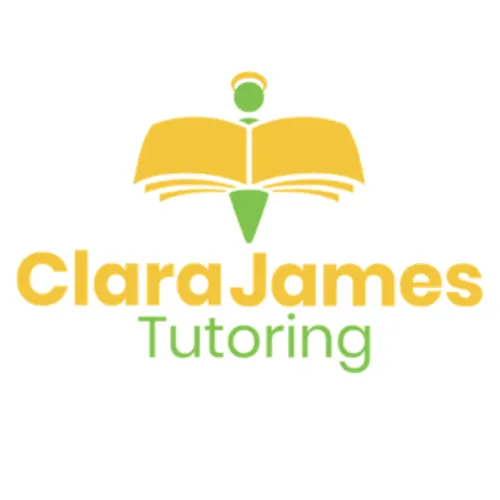Clara James Tutoring
BLOG POSTS

How regular are the lessons?
The frequency of the lessons is completely at your discretion.
Some families want weekly lessons, some want fortnightly. We occasionally have families who want them monthly, others want them two or three times a week.
You know what you want, what you can afford. We are willing to be as flexible as needed. Sometimes circumstances change and that's completely ok too, again, just let us know and we will do our best to fit in with what you need.
Additionally, the lessons are normally 60 minutes, but if you feel that is too long, no problem we can shorten it. Some families choose to do 30 or 45 minutes with each of their children, again that is absolutely fine. Some families will request longer. Sometimes that will be better split into 2 lessons as many children will struggle to concentrate for over an hour, however, this is again completely at your discretion.
The time and days of the lessons will be up to you to decide with the tutor so that you can hopefully find something that is suitable for you both.
If you have any questions, or you would like to have a chat about getting starting, do get in touch: info@clarajamestutoring.co.uk
Morning,
I hope the week is going well.
So many people seem to be doing D of E and work experience
at the moment, good luck if that’s you and if you’re at Marlow Camp next
fingers crossed for good weather!
I’ve just finished a lesson on division. It seems to be
something that messes with the brains of so many people.
I found it got easier when I stopped thinking about it as
division and instead thought about it as multiplication. So, if for example I
had the question 396 divided by 3, I would look at it as 3x what = 3. My answer
would be 1. How many times would I need to multiply 3 to get to 9, (my answer
would be 3). Then 3x something = 6. My answer would be 2. Giving me the overall
answer of 132.
I know that’s a really simple example but hopefully it explains
my point.
Thankfully in schools they don’t often seem to need to do
long division, but I’ve worked with a couple of adults (generally nurses for
some reason) who have needed it.
I think I’ll explain this one in a video, as it will be too
complicated to explain it with words as bits get put all over the place. I hope
this makes sense though:
Enjoy the rest of the week and speak soon,
Dawn

